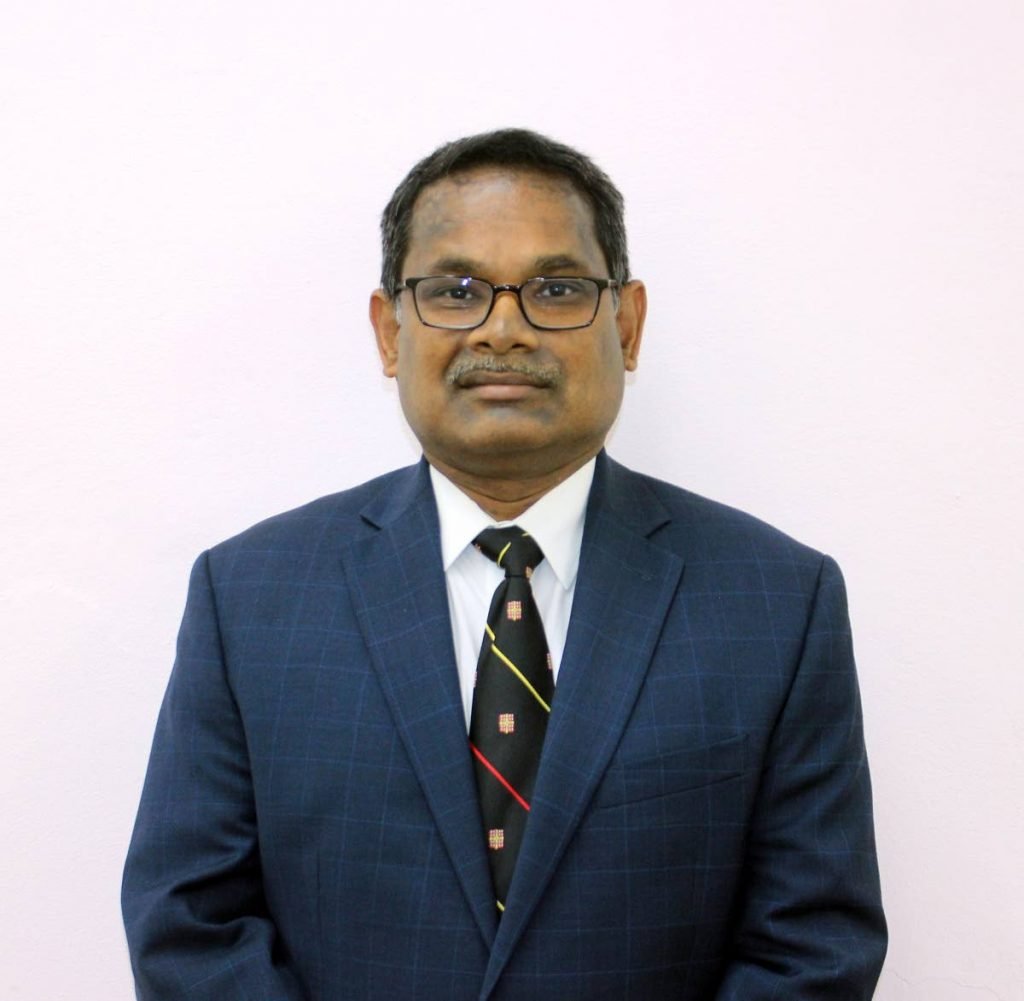India: The pharmacy of the world

ARUN KUMAR SAHU
IN OCTOBER 2020, Prime Minister of India Narendra Modi, while delivering the keynote address at the annual Invest India conference in Canada through video conferencing, said, "India is playing the role of the pharmacy to the world.” He added, "India's story is strong today and stronger tomorrow."
During the covid19 pandemic, India provided medicines including hydroxychloroquine (HCQ), paracetamol APIs and tablets to over 100 counties. As the world experiences the covid19 vaccine rollout, India has provided over 36 million doses to various countries, including a donation of 6.75 million doses and 29.44 million doses under various commercial contracts.
Over these decades, India has emerged as a global hub for pharmaceutical manufacturing. It accounts for 60 per cent of global vaccine production, contributing 40-70 per cent of the WHO demand for DPT, BCG and 90 per cent measles vaccine. Presently, over 80 per cent of the antiretroviral drugs used globally to combat AIDS are supplied by Indian pharmaceutical firms.
The market size of the Indian pharmaceutical industry is expected to reach more than US$100 billion and that of the medical devices industry US$50 billion by 2025. Besides, its biotechnology industry comprising of biopharmaceuticals, bio-services, bio-agriculture, bio-industry, and bioinformatics is expected to reach US$150 billion by 2025.
A history of hard work and dedication
The pharmaceutical sector's success has had a long and distinguished history embedded in India's scientific and technological development. The Department of Biotechnology (DBT) was established in 1986 and has become a driving force behind the successes today. The DBT has developed many centres of excellence across the country, which are engaged in producing a skilled workforce and research and development in areas like genetic engineering, molecular biology, agricultural and medical sciences, plant and animal tissue culture, biofertilisers and biopesticides, environment, human genetics, microbial technology, and bioprocess engineering.
International co-operation
International co-operation is an essential part of India's drive for "atma nirvar" or "self-reliance." In October 2020, India and the Netherlands unveiled plans to collaborate to provide digital health facilities and security to all citizens. As part of India's National Digital Health Mission (NDHM), the two countries will work closely to create capacities and place the requisite technology to enable this initiative. India has allowed foreign direct investment (FDI) up to 100 per cent under the automatic route to manufacture medical devices subject to certain conditions. Between April 2000 and September 2020, the pharmaceuticals sector received a cumulative FDI inflow worth US$16.86 billion.
Indian companies also plan to invest abroad. Some of the recent plans are Piramal Pharma Solutions' investment of US$32 million to expand its facility in Michigan, US; six generic drug makers' (Dr Reddy's Laboratories, Zydus Cadila, Glenmark Pharmaceuticals, Torrent Pharmaceuticals, Hetero Drugs and Ackerman Pharma) deal with Hidalgo, a state of Mexico, to establish a pharmaceutical cluster and Jubilant Generics Ltd's non-exclusive licensing agreement with US-based Gilead Sciences Inc to manufacture and sell the potential covid19 drug remdesivir.
A massive domestic expansion is also underway. Recent drives include the work of Indian Immunologicals (IIL) on a US$10.17 million viral antigen manufacturing facility in Genome Valley, Telangana; the Indian Institute of Technology (IIT) Bombay's stepped-up research for developing products such as a portable sterilisation device and germicidal cabinet, wheeled sterilisation unit, portable and rechargeable car sanitiser, eco-friendly sprays, and alcohol-free and bleach-free sanitisers, and Aurobindo Pharma's acquisition of MViyeS Pharma Ventures for US$37.30 million.
Largest world supplier of generics
The majority of the medicines prescribed by doctors in the developed world are generics. More than a third of these drugs are likely manufactured in India. By export volume, India is currently the largest provider of generic medicines globally. The quality of Indian medicines is time-tested. In addressing reports questioning the quality of Indian products, former FDA Commissioner Scott Gottlieb, on February 22, 2019, in a statement, said, "Consumers must have confidence in the safety and quality of generic medicines. Generic drugs provide affordable access to critical treatments. They are just as safe and effective as their brand counterparts." The statement added that "the FDA labs tested 323 products from around the world – including more than 100 from India – to determine if foreign manufacturers had a higher incidence of product failure. All 323 samples met US market quality standards using testing standards set by the United States Pharmacopeia (USP) or submitted in marketing applications."
Covid19 vaccines
On January 3, India issued emergency approval for two vaccines for restricted use against covid19, namely Covishield and Covaxin. Covishield is an Indian version of the Oxford University-AstraZeneca vaccine, made by the world's largest vaccines manufacturer, the Serum Institute of India. The institute churns out the AstraZeneca vaccine at a daily rate of about 2.5 million doses. It has pledged 200 million doses to a global WHO Covax pool.
Covaxin is India's first home-produced vaccine, developed by Bharat Biotech in collaboration with the Indian Council of Medical Research (ICMR) and the National Institute of Virology (NIV). The vaccine is developed using Whole-Virion Inactivated Vero Cell-derived platform technology. In January, Bharat Biotech signed an agreement with Precisa Medicamentos for the supplies of Covaxin to Brazil. It has been reported that by September, Bharat Biotech will be supplying 20 million doses of vaccine to Brazil.
Post covid19 world
As External Affairs Minister of India, Dr S Jaishankar wrote, "the world after covid19 will be more multipolar, pluralistic and rebalanced, and India with its experiences will make a difference." In this role of India, its pharmaceutical industry will play a significant part. With world-class young talents, science research institutions, and global collaborations, Indian companies will continue to expand, enriching their manufacturing and service capabilities in making medicines affordable and strengthening India's position as a worldwide hub for making innovative medicines.
Arun Kumar Sahu is the High Commissioner of India to TT
(Views expressed are personal)


Comments
"India: The pharmacy of the world"